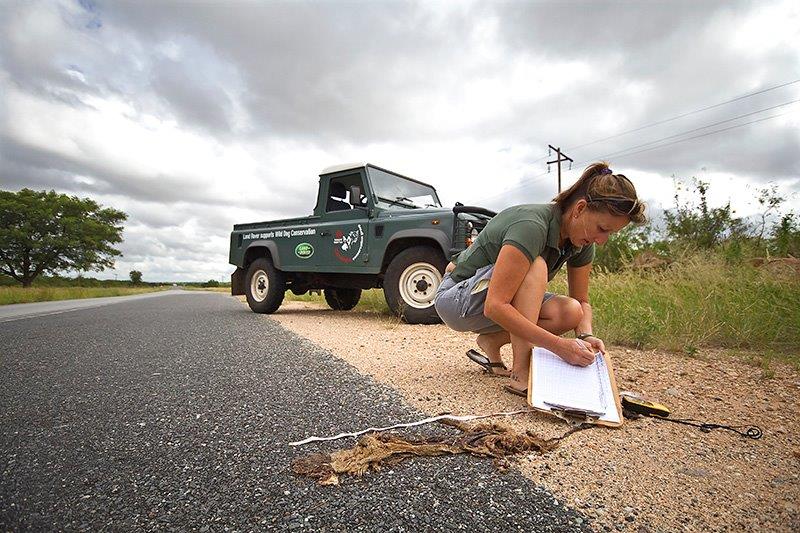…& The Impact of Wildlife Extinction Globally. Wildlife conservation is a critical global issue, with many species facing extinction due to various factors such as habitat destruction, poaching, climate change, and human-wildlife conflict.
Southern Africa, known for its rich biodiversity and iconic species like elephants, rhinos, and lions, is particularly affected by these challenges.


In Southern Africa, wildlife conservation efforts are crucial to protect its unique flora and fauna. Individuals can contribute by supporting conservation organizations, practicing sustainable living, and advocating for wildlife protection. Societies can raise awareness, promote sustainable tourism, and engage in community-based conservation initiatives. Businesses can adopt sustainable practices, support conservation projects, and ensure their operations are wildlife-friendly.
Governments play a vital role by enacting and enforcing laws to protect wildlife, investing in conservation efforts, and collaborating with other countries and organizations to address transnational wildlife conservation issues. Together, these efforts can help preserve Southern Africa’s wildlife and biodiversity for future generations.
Empowering Change: The Urgency of Wildlife Conservation
Wildlife conservation is a pressing global issue that demands action from all corners of society. The extinction of species has far-reaching consequences, impacting ecosystems, biodiversity, and ultimately, our own survival. Organizations like The Expedition Project (TEP) are at the forefront of conservation efforts, working tirelessly to protect our planet’s natural heritage.


Every individual has a role to play in wildlife conservation. Whether it’s supporting sustainable practices, advocating for wildlife protection, or participating in conservation projects, our actions can make a difference. Societies can promote conservation-friendly policies, reduce habitat destruction, and raise awareness about the importance of wildlife conservation. Businesses can adopt sustainable practices, support conservation projects financially, and implement wildlife-friendly policies in their operations. Governments play a crucial role in enacting and enforcing laws to protect wildlife, investing in conservation efforts, and collaborating with other countries to address global conservation challenges.
TEP is actively involved in various wildlife conservation projects, focusing on protecting endangered species, restoring habitats, and promoting sustainable practices. These projects not only benefit wildlife but also contribute to the overall health of ecosystems and the well-being of local communities.
Young people are key to the future of wildlife conservation. Their passion, energy, and innovative ideas are invaluable assets in the fight to protect our planet’s biodiversity. By engaging in conservation activities, young people can inspire change, raise awareness, and make a positive impact on wildlife conservation efforts.


The welfare of wild animals is a paramount concern in wildlife conservation. It’s crucial to ensure that conservation efforts prioritize the well-being of animals, including their health, safety, and natural behaviors. Responsible ecotourism, ethical wildlife management practices, and conservation education are essential components of ensuring the welfare of wild animals.
In conclusion, wildlife conservation is a shared responsibility that requires action at all levels. By recognizing our individual and collective roles, supporting organizations like TEP, and empowering young people to take an active role in conservation, we can protect our planet’s wildlife and preserve its natural beauty for future generations.
Join in on this discussion by registering for an IVSA led livestream here.




Leave a Reply
You must be logged in to post a comment.